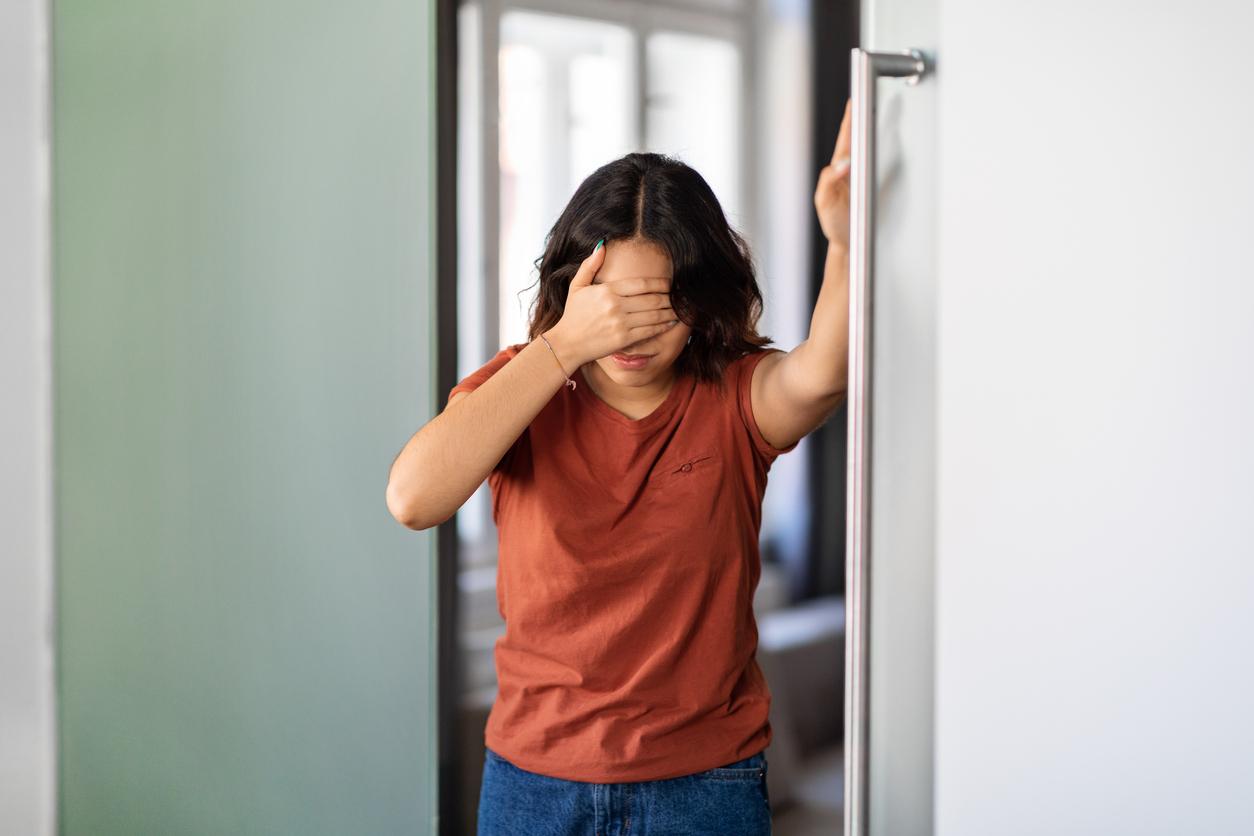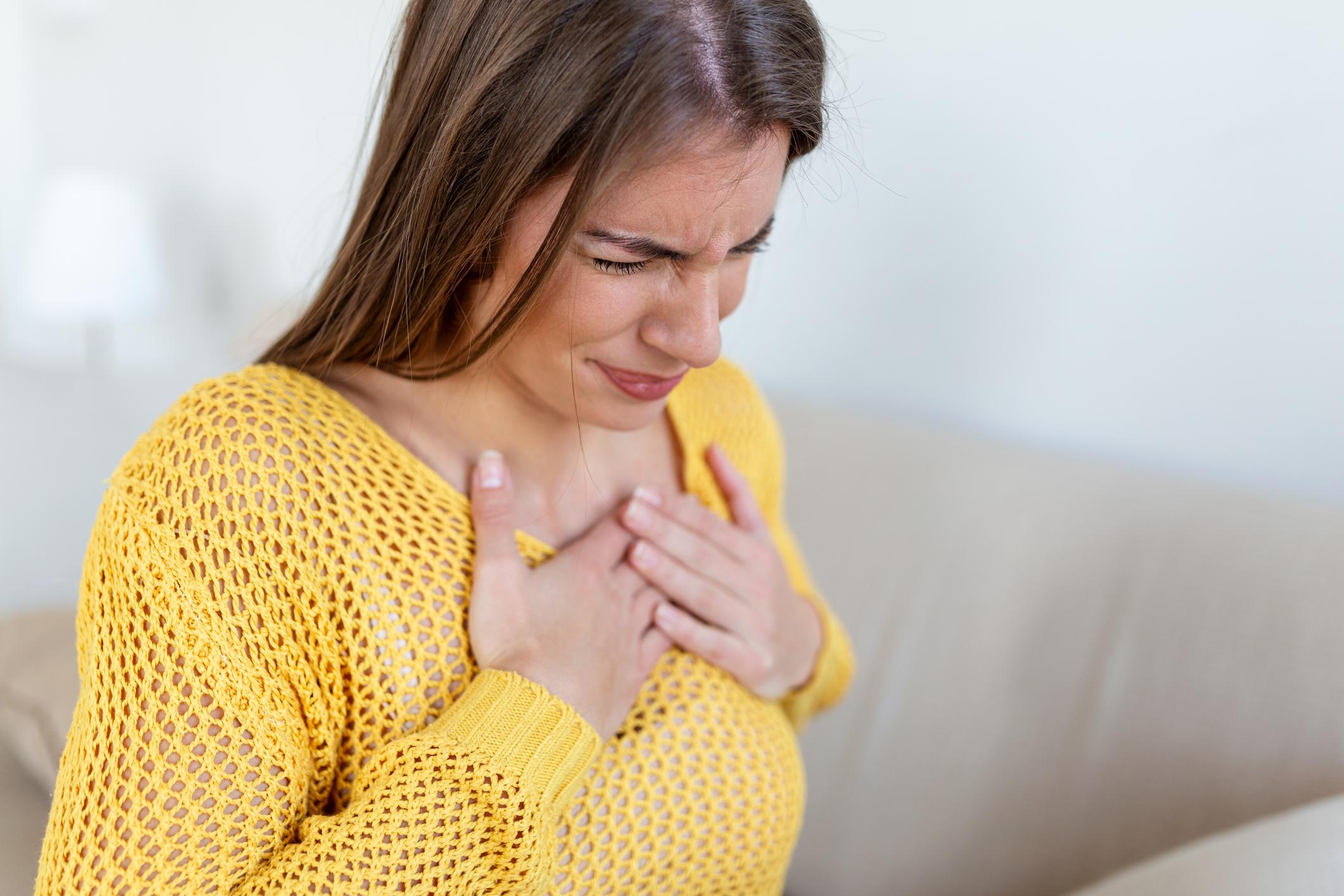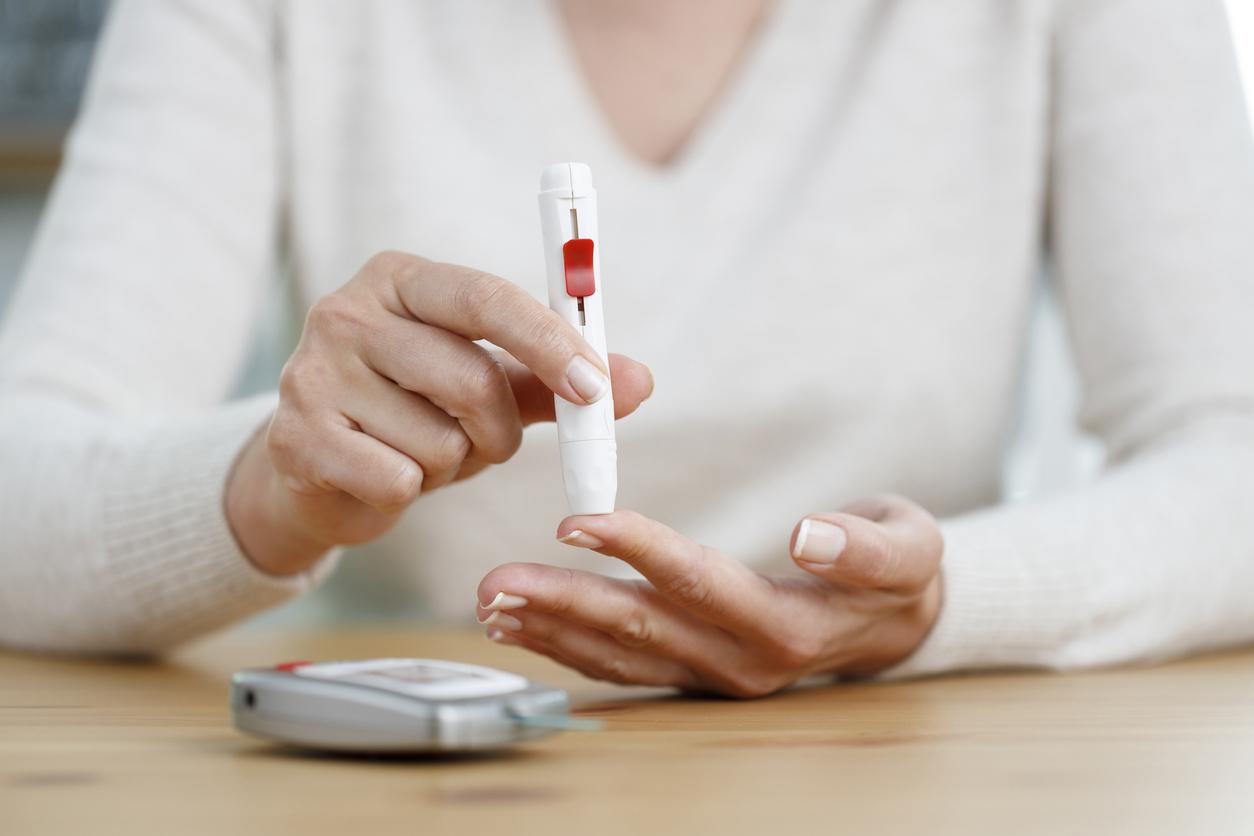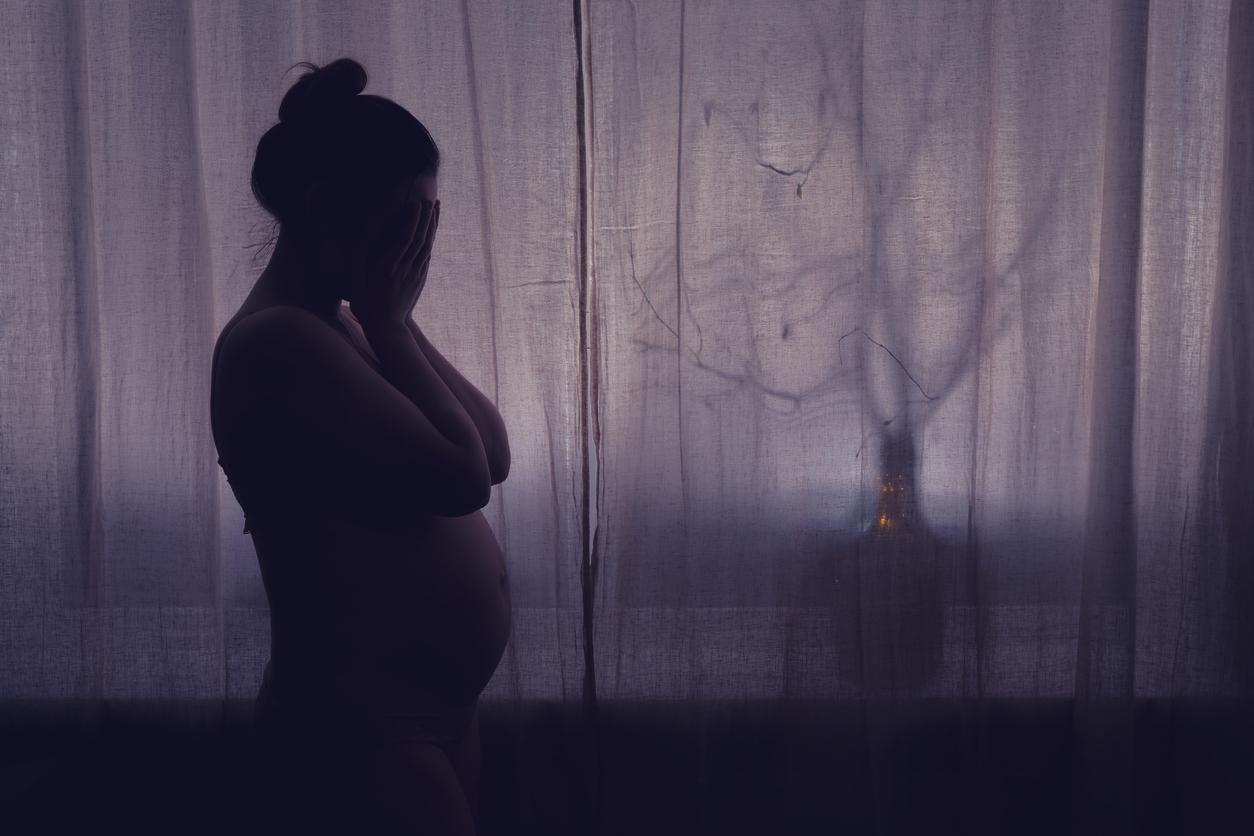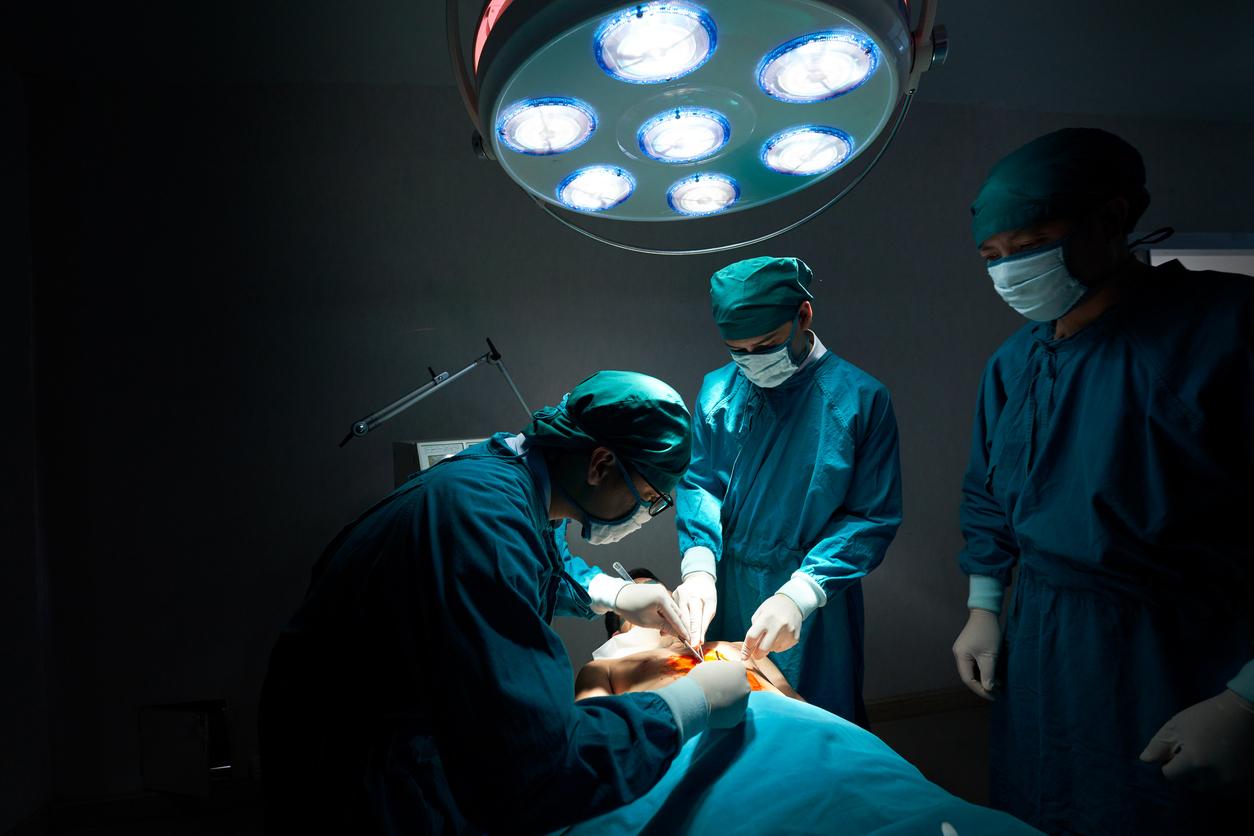In its new special issue, 60 million consumers makes two worrying observations for women’s health: many hygienic protections contain traces of undesirable substances and the lack of medicinal gynecologists complicates gynecological follow-up.
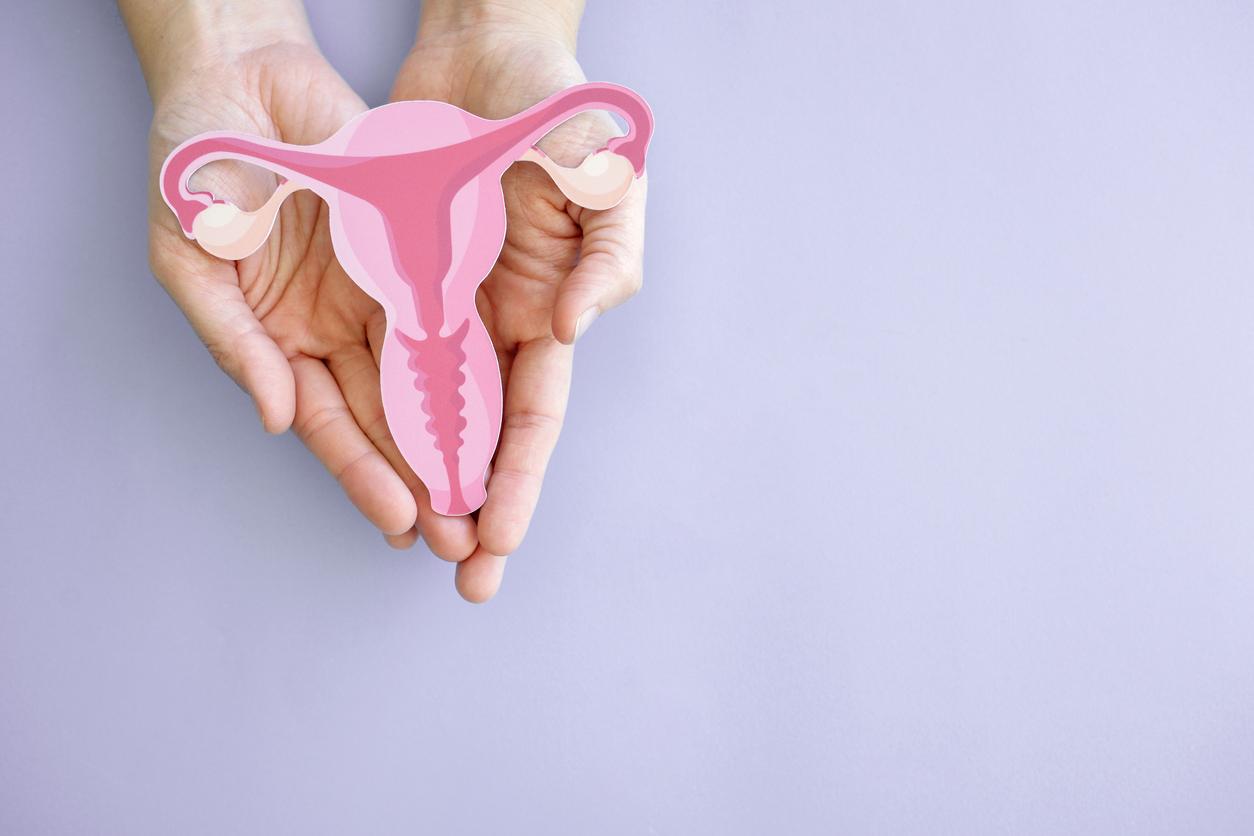
- The number of medical gynecologists has fallen by 65% in 13 years.
- Six years after their first analysis, 60 million consumers notice that hygienic protection still contains traces of harmful substances.
- For 60 million consumers, manufacturers should improve their manufacturing processes and the selection of their raw materials to ensure the absence of toxic substances in their products.
Whether this is linked to a problem of access to care or even a minimization of the problems they encounter, women can put their health aside. This observation led the magazine 60 million consumers to produce a special issue on women’s health. The opportunity to take stock of the difficulties encountered during their care journey or the quality of their hygienic products.
Gynecological follow-up: 6 out of 10 women have already given up on consultation
“One of the first things that shocked us was that we could no longer find medical gynecologists”deplores Sophie Coisnedeputy editor-in-chief during the presentation of her special issue. Their number has fallen by 65% in 13 years. Of the 101 French departments, 11 no longer have them at all and 73 have fewer than six per 100,000 inhabitants. The reasons for this drastic drop in gynecologists medical in the city ? Their training was stopped between 1984 and 2003 in a desire for harmonization with other European countries and we must add the retirements of current practitioners. “In 2022, the number of young people starting their careers (91) did not compensate for the 121 departures”notes the magazine. The lack of practitioners has consequences. An Ifop survey revealed that 6 out of 10 women had already given up on a consultation with the gynecologist. The rate rises to 70% among 25-34 years old. Thus, one in three French women admitted not having consulted a gynecologist for more than two years.
This contact led the magazine to ask for more gynecologists, recalling thatGynecological follow-up is essential. It allows the detection and rapid treatment of several female disorders. Thus, 60 million consumers specify that in the event of a shortage of gynecologists, women can turn to other health professionals. The pharmacist can give advice or dispense medications without a prescription, particularly in cases of cystitis. The general practitioner or midwife can also provide gynecological follow-up. Patients who have difficulty finding a gynecologist in town can turn to university hospitals and clinics. “Almost all hospitals are organized so that the follow-up of a patient is always carried out by the same doctor”, says Sophie Coisne.
Hygienic protection: 70% showed traces of substances unwanted
Beyond the lack of gynecologists, another worrying subject: the constitution of hygienic protections. While the average woman will use 11,400 sanitary napkins and tampons in her lifetime, unwanted substances have still been found in these products. “In 2016, the magazine 60 million consumers was a pioneer on the subject by revealing, for the first time, the existence of potentially toxic residues (dioxins, glyphosate, etc.) in tampons and sanitary napkins from major brands. THE problem, it“Seven years later, it is clear that these products are still not clean”explains Amine Meslemsection editor.
Analyzes carried out in partnership with the Ecological Transition Agency (Ademe) revealed that 70% of the references tested were contaminated by one or more undesirable substances such as traces of dioxins, products suspected of being endocrine disruptors, or even glyphosate, classified as a probable carcinogen. And organic is not a guarantee: “glyphosate or its residue, Ampa, has been detected in organic cotton, with or without a label. In fact, the claim does not imply that the absence of contaminants is guaranteed and is limited to cotton, other plant fibers contained in the product are not affected“, specifies the magazine. Moreover, several organic tampon references are among the worst rated: Saforelle tampons with organic cotton applicator (9.5/20), Net 100% organic cotton (6.5/20) And Tadam‘ stamps dermo-sensory normal (6.5/20). These three references presented, in fact, traces of glyphosate and/or Ampa during the analyzes of the 8 brands tested.
“Certainly, the national health security agency considers that these traces do not present major health risks based on current knowledge – because they are traces – but this knowledge is relatively weak on issues of exposure via the mucous membranes. So as a precautionary principle, we consider that it would be necessary for manufacturers to improve their manufacturing processes and the selection of their raw materials to guarantee the absence of dioxins or glyphosate, especially with tampons.concludes Amine Meslem.









